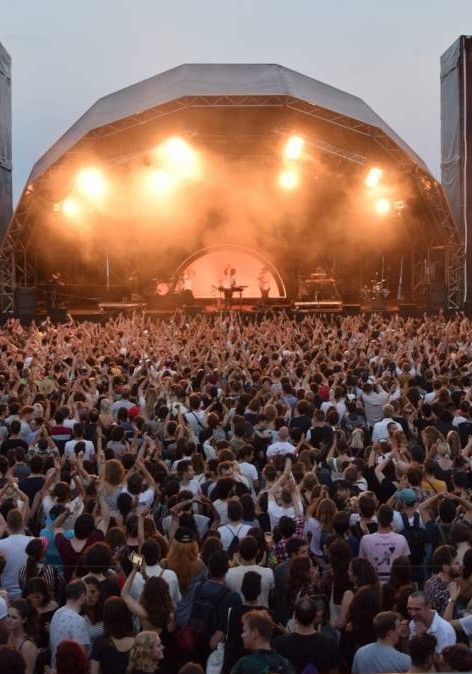Primavera Sound, known for its Barcelona music festival, has co-published the results of a study on the safety of indoor events. They conclude that "attending a live music concert staged with a series of security measures...was not associated with an increase in Covid-19 infections”.
It has now been 20 years since Primavera Sound started to build upon its commitment to live music with Barcelona as the epicentre of an event that is international, multidisciplinary and can be enjoyed all year round.
Primavera Sound has now published the results of the PRIMA-CoV study after carrying out rigorous clinical trials with a view to the future of events in indoor venues. Primavera Sound notes that none of the participants in the Sala Apolo event on December 12 (a concert without safe social distancing and with a previous screening with antigen and PCR tests) were infected with coronavirus.
These are the details of the results of the PRIMA-CoV study:
The PRIMA-CoV study was a random 1:1 clinical trial testing the hypothesis that a live concert performed under safe conditions would not be associated with an increased risk of SARS-CoV-2 infections. The study was approved by the ethics committee of the University Hospital Germans Trias i Pujol in Badalona (Barcelona).
The performance took place on December 12 in the sala Apolo in Barcelona. All participants signed a consent form, were aged between 18-59 years, had no comorbidities, and had not been diagnosed with Covid during the last 14 days. All of them had a same-day entry screening with a negative SARS-CoV-2 antigen test performed via nasopharyngeal swabs by healthcare personnel.
A series of safety measures were implemented inside the venue and there was a limited outdoor area for smoking inside the building with strict control over the number of people. The bar zone (with a capacity of 1,600) was located in a supplementary room and drinks were served only in that zone. Participants were asked to remove their face masks only when drinking.
A certified N95 cloth mask was given to every participant at the venue entrance. Mask-wearing was mandatory during the entire event, but no physical distancing was required in the concert area (with a capacity of 900), where singing and dancing was permitted as well.
Air flow and room ventilation “was optimised” in the two indoor rooms and air exchange was monitored throughout the entire event.
The concert included four performances and lasted five hours overall. The average time each participant spent inside the concert area was two hours and 40 minutes. The flow and movement of all participants inside the venue were clearly defined and marked, and were observed by the security crew during the event. Measures were also implemented to avoid queues in the toilets, and the concert entrance and exit areas.


